As I start to write this on the morning of Tuesday 14th November 2017 the fall-out from Zoella's advent calendar is ongoing. In fact, it's pretty much taken on a life of its own.
If you haven't heard about all the drama essentially Zoella's lifestyle range has released a luxury advent calendar, a twelve days of Christmas one - so with 12 doors - and the contents are, well, not very expensive. For example you have some sparkly confetti behind one door, a small candle behind another, seven stickers in one and a small cookie cutter behind another. And for twelve gifts like this you pay £50.
It's a lot of money.
Zoe Sugg personally has been accused of exploiting her core audience (tweens and teenagers and the parents that pay for it). Twitter, YouTube and Facebook is full of people astonished and annoyed that Zoe would do this (and that's the polite way of putting it). The rating for the calendar on Boots is just over one star. This article from The New Statesman sums the situation up and why it has been controversial.
And, even though the creation of this calendar is not just on Zoe but involves the designers, manufacturers, advisers, managers and the retailer - because Zoella is now a brand, it is Zoe personally who is getting all the stick.
The calls for Zoe to say something were getting louder and louder. But there was silence from herself and her brand. Despite Zoe posting in her Instagram Stories about her Christmas tree. The comments online started to become darker. They became vicious. Zoe was called all sorts of names. And tweets she'd written seven to eight years ago were unearthed. In these tweets she'd used less than complimentary language about various people or groups of people. And she was being accused of homophobia as well as many other names.
The tide was turning. And it was turning fast. It wasn't pretty. As I watched I was flickering between fascination and repulsion. How can someone's reputation dissolve right in front of my eyes?
And I was just thinking - say something, Zoe. Just one tweet. Take some of the air out of this toxic balloon. (She finally commented on the calendar at 9pm (ish) on the Tuesday evening after 48+ hours of silence and addressed the eight-year-old tweets on the Wednesday.)
The calendar on it's own would be one thing. But voices are also growing louder online about how certain YouTubers are 'ripping off' and 'exploiting' their audience. You only have to read the comments about the Hello World convention to see that. Again, this is something Zoe was involved in.
I've written about Zoe before and how much I admire her. And this is still the case. I'm not going to tear her down like many on the internet. I admire anyone who does what they love and makes a living from it. Tearing down another content creator isn't what this post is about. It isn't what I'm about.
But I do think we can learn from it.
Zoe Sugg is one of the first people to have become famous and very rich because of creating online. What started as a recording to camera in her bedroom has become a very wealthy business. Her brand has transferred from YouTube to the real world and she has released novels aimed at young adults and lifestyle and beauty products through Superdrug or, as in the advent calendar, through Boots. Again, her target market is young adults. Teenagers. And even tweens. It's a recent phenomenon. And she is going to make mistakes. She's navigating her way through unchartered territory.
But the thing is, I'm seeing similar situations, (though not as high profile, granted) on the internet a lot.
People paying for courses that leave a bad taste in their mouth because they feel ripped off. And yes - I was one of them and I'm still annoyed with myself (buyer beware and all that) as well as the course creator. Being sold to all the time on Instagram. Not being made aware that the products people are featuring in their photographs or their videos are actually being paid for by the brand. Constantly being hassled to sign up to newsletters then getting bombarded with sales pitches.
And I'm torn. So torn. Because the thing is, I admire anyone making a living online. And I, too, aim to make a living from writing and creating online (in fact, I already am but I won't be purchasing an island in the Caribbean anytime soon). I love writing online. I love creating. I love editing videos. And if I can support my family by doing this then, who wouldn't?
I've created Instagram posts for brands. I've included a brand recently in my Instagram Story. I've collaborated with brands on blog posts and created a video for a book on YouTube.
I try very hard each time to get it right. Just as I don't want to be treated as a mug I don't want to treat anyone who follows me as a mug. I don't want to exploit their goodwill and readership.
Zoella has spent years building up her reputation as 'the girl next door'. She chats to people from her bedroom and tells her viewers that she's just like them.
Then her brand charges her loyal fans £50 for 'tat' (not my word, but the internet's) and, almost overnight, her reputation takes a massive knock. Marketing history is littered with mistakes like this. Gerald Ratner calling his products 'crap'. Helen Mirren, the face of L'Oreal, saying moisturiser doesn't do anything.
Reputation. Customer loyalty. Authenticity. It is everything.
We need to remember this as we chart the choppy Internet waters. Most of us are not as high profile as Zoe Sugg. But you have to remember that your brand, your name that you've spent years creating, can be taken down in a moment if you get it badly wrong.
The problem content creators have is that we are our brand. Our name. Our photos. Our tweets. Our writing. Our communication. It's all us. Even if we become successful enough to pay others to help.
So don't take your audience for granted. Don't see them as money making machines as many of the more salesy online course creators have been doing. Always deliver value for money.
If you're selling a book or a product don't just keep saying 'buy my stuff'. Or 'buy my merch' as the YouTubers say (I'm so with it).
If there's an issue don't bury your head in the sand and hope it'll all disappear.
Don't allow people motivated by money to make your business decisions.
Do your due diligence when debating whether to take a brand's money in exchange for an Instagram or blog post. Is it a good fit with your brand? Or will you be seen as fake and money hungry?
Always say when the product has been paid (or gifted) to appear on your blog or social media.
And never, ever, let others control your narrative.
And if you have any other tips I'd love to hear them.
YOU MAY ALSO ENJOY:






